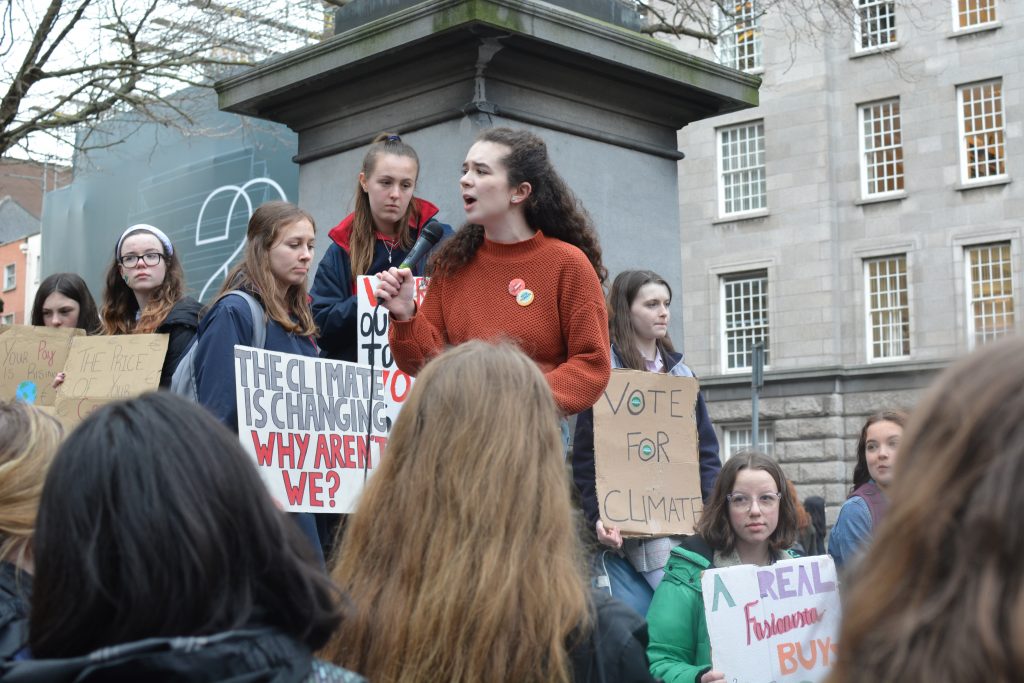Climate Bill is “fatally weak” in its current form

20 November 2020
If passed as is, the Climate Bill will prove to be fatally weak and will undermine this year’s landmark Supreme Court judgment, Climate Case Ireland have warned.
Campaigners behind the historic case against the Irish government said today that the Bill must “urgently be revised” and have launched a petition calling on Ireland to adopt legislation that adheres to both science and climate justice.
The Supreme Court unanimously ruled in July that the 2017 National Mitigation Plan fell “well short” of the specificity required to comply with the 2015 Climate Act, and subsequently quashed the Plan.
The new Climate Bill, published in October, appears to have been designed with a view to avoiding legal accountability, which according to Dr Andrew Jackson who instigated the case, is “counterproductive”.
“A weak governance framework will not see emissions fall, and falling emissions is the only thing likely to satisfy those who may otherwise turn to litigation.
In any case, future litigation based on fundamental rights cannot be avoided by adopting a woolly climate law framework”, he said.
The Bill itself also aims to put the State on track for climate neutrality by 2050, which Climate Case Ireland Campaign Coordinator Clodagh Daly stressed was “indefensible from a climate justice perspective” due to Ireland’s disproportionate contribution to the climate crisis.
With a mid-century target, Ireland would “consume far too much of the rapidly depleting ‘forever’ carbon budget that we need to stay within to avoid dangerous climate breakdown”, she added.
Campaigners are calling for the Climate Bill to enshrine a 2030 decarbonisation goal, which they stress would be in line with the best available climate science and Ireland’s commitment to the international Paris Agreement.
This decarbonisation must also enshrine a just transition, they said, a term that is often brought up in policy discussions, but yet is absent from the Bill itself.
Additionally, Ms Daly advised against reliance on large-scale CO2 removal technologies for the latter half of the century, as they “remain in the realms of sci-fi, and even if they existed, would be subject to multiple feasibility and sustainability constraints”.
In the wake of large-scale protests across the country, Irish citizens have “never been more attuned to how science informs policy and legislation” and the Bill needs to “align with science and climate justice”, according to Beth Doherty of Fridays for Future.
“We won’t accept anything less,” she said in response to the Bill.

Bill “lacks a sense of emergency”
Dr Andrew Jackson testified before the Committee last month as the Bill made its way through pre-legislative scrutiny, and warned that the Bill lacks a “sense of emergency”.
“We can really strengthen this Bill if we give instructions to drafting lawyers saying ‘I want you to emulate international best practice, I want a Bill that reflects the emergency of the situation we are in,’” he said.
Dr Jackson also called for climate justice to be defined and made meaningful in the Bill, and the Government should outline how the principle has been taken into account in setting and reviewing the net zero target date, carbon budgets, plans and interim targets.
[x_author title=”About the Author”]







